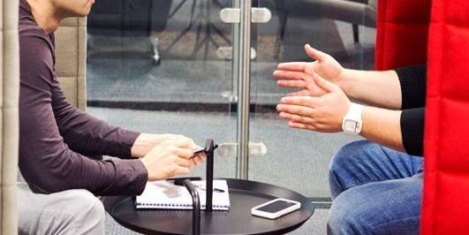August 23, 2017
UK employers concerned for future of the post Brexit economy despite booming jobs market
 Employer confidence in the UK economy has moved into negative territory, according to the latest JobsOutlook survey by the Recruitment & Employment Confederation (REC). The net balance fell from +6 per cent last month to -3 per cent in the latest report, as 31 per cent of employers now expect the economy to worsen and just 28 per cent expect it to improve. Employers are still looking to hire, with one in five (19 per cent) planning to increase permanent headcount in the next three months. Confidence in making hiring and investment decisions remains positive with a net balance of 10 per cent, but is at its lowest for the past year. In addition to signs of deteriorating employer confidence, consumers are also becoming more pessimistic. The GfK’s index of consumer confidence fell to -12, equalling last year’s post-referendum low.
Employer confidence in the UK economy has moved into negative territory, according to the latest JobsOutlook survey by the Recruitment & Employment Confederation (REC). The net balance fell from +6 per cent last month to -3 per cent in the latest report, as 31 per cent of employers now expect the economy to worsen and just 28 per cent expect it to improve. Employers are still looking to hire, with one in five (19 per cent) planning to increase permanent headcount in the next three months. Confidence in making hiring and investment decisions remains positive with a net balance of 10 per cent, but is at its lowest for the past year. In addition to signs of deteriorating employer confidence, consumers are also becoming more pessimistic. The GfK’s index of consumer confidence fell to -12, equalling last year’s post-referendum low.


















 There is growing sentiment among younger workers that flexible working is less a right – as outlined by the Government in 2014 – and more a ‘selective benefit’ for a choice group of employees. New research by
There is growing sentiment among younger workers that flexible working is less a right – as outlined by the Government in 2014 – and more a ‘selective benefit’ for a choice group of employees. New research by 
















August 23, 2017
I’ve got some real estate here in my bag
by Paul Carder • Comment, Flexible working, Property, Technology
We’ll marry our fortunes together.
I’ve got some real estate
Here in my bag.
So we bought a pack of cigarettes,
And Mrs. Wagner’s pies,
And walked off
To look for America.
“Kathy”, I said,
As we boarded a Greyhound in Pittsburgh,
Michigan seems like a dream to me now.
(more…)